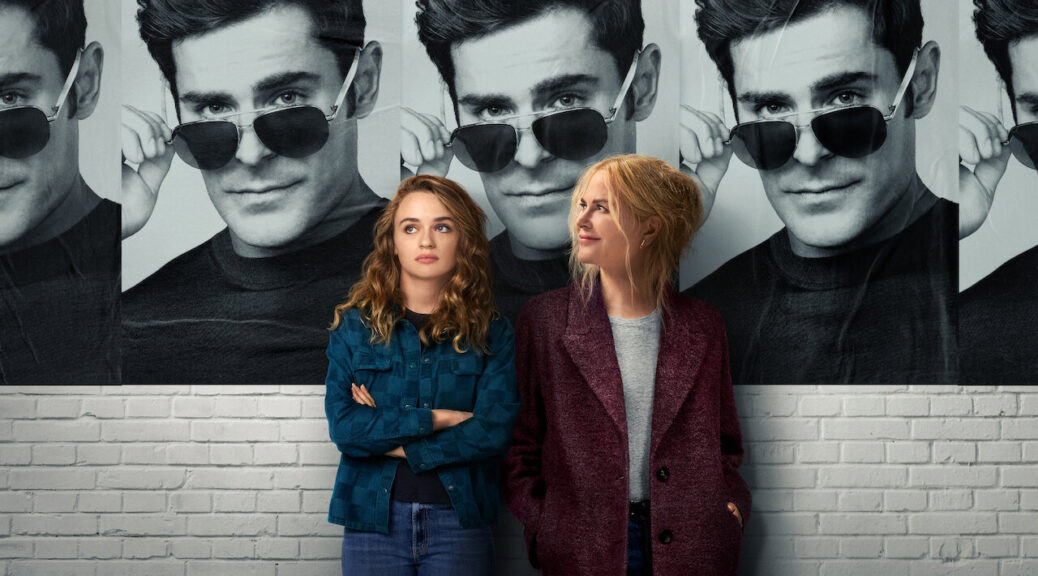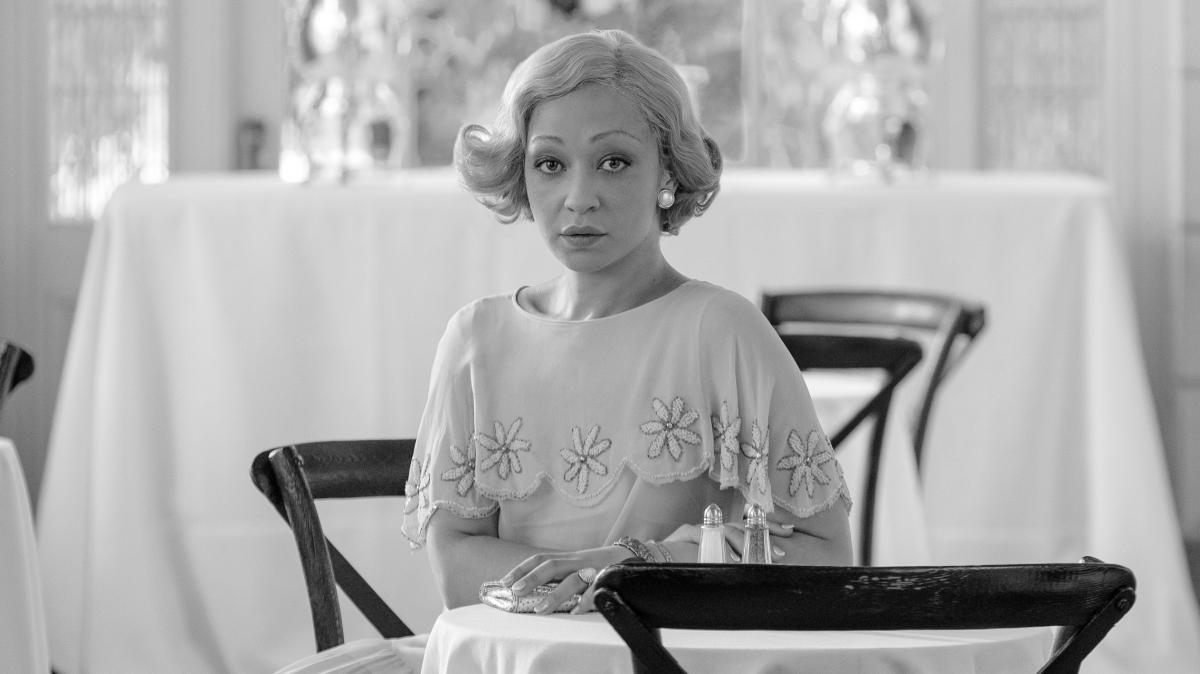A Family Affair
by George Wolf
First off, A Family Affair seems like it might have been a better fit for Netflix’s November slate. Not only does the film have an important Holiday sequence and at least one Christmas tune, a fall release would have put more distance between it and Amazon’s very similar May release The Idea of You.
But here we are again, where the Nancy Meyers rom-com fantasy formula is tweaked by having the mature rich white lady find love with a very famous younger man.
Here, the famous guy is the 34 year-old Chris Cole (Zac Efron), a major action star with an upcoming film in need of a script re-write. Chris’s 24 year-old assistant Zara (Joey King) is tired of just running his errands and would like to move up in the movie biz, but it’s her 50-something mother Brooke (Nicole Kidman) that gets Chris’s attention.
Zara’s not happy about Mom’s “sexcapades” with her demanding boss, but Grandma Leila (Kathy Bates) reminds Zara that Brooke is not just a mother, but a woman, too. And it’s been over ten years since Zara’s Dad passed, so surely she’s “earned” this indulgence, right?
Nothing wrong with a fantasy aimed toward older women, but like any familiar formula, the key lies in executing it well enough to move beyond the generic and develop a distinctive voice. Director Richard LaGravenese (Beautiful Creatures, P.S. I Love You) and first-time screenwriter Carrie Solomon can’t summon many wins beyond the three likable leads.
Not only will the inevitable comparisons to the warmer, more organic The Idea of You come up short, but madcap peeks behind the production of Chris’s latest action film instantly recall one of Tugg Speedman’s (“Tuggernuts!”) sequels in Tropic Thunder.
There are a few amusing jabs at fame and self-absorption, but A Family Affair never feels any fresher than a plate of reheated leftovers.
Which usually taste better at Christmas.







